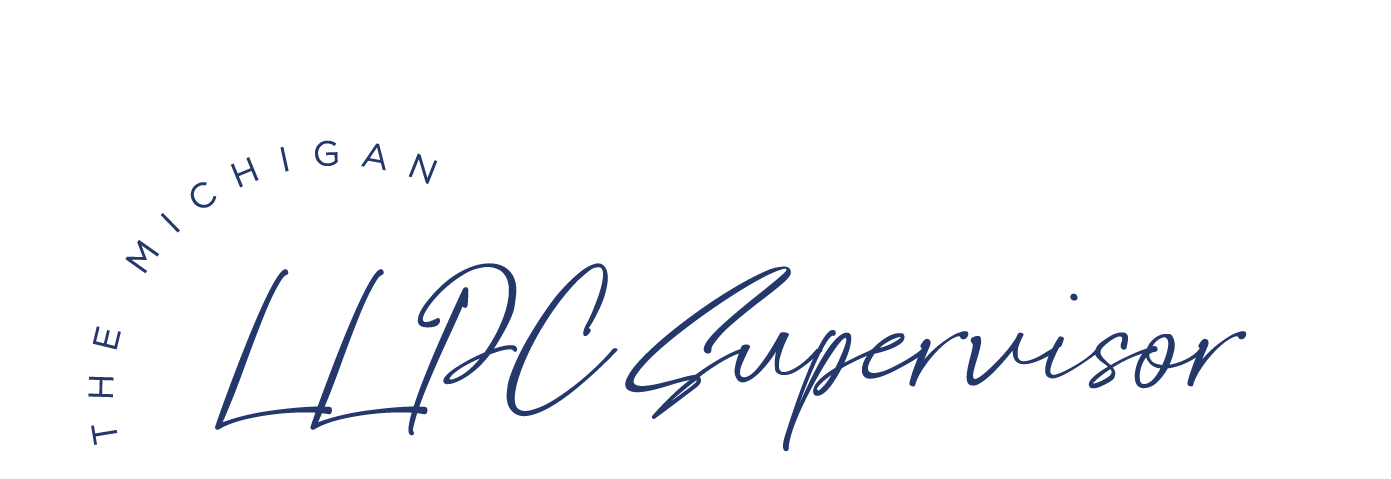Virtual Supervision for Michigan LLPC
Last week, I reached out to LARA (Licensing and Regulatory Affairs) to seek clarification on counseling supervision requirements in Michigan, particularly regarding virtual supervision versus in-person presence. The guidance seemed ambiguous since the emergency order set by the Michigan governor ended in October 2020. This inquiry stemmed from growing concerns among colleagues about a perceived change in the ability to supervise virtually, with little clarity on the specifics.
My interaction with LARA was prompted by one of my supervisees completing two years of supervised experience and commencing the application for full licensure. To our surprise, the work experience form now includes a section asking about the number of supervised hours completed via two-way real-time audiovisual technology. This revelation led me to research further and discover the updated Board of Counseling General Rules, specifically Rule #74 subsection 1(b)i, last amended in May 2021. This rule stipulates that out of 100 supervised hours required, no more than 25 hours may be conducted via virtual means.
“For an applicant who has completed a master’s degree, not less than 3,000 hours accrued in not less than a 2-year period, with not less than 100 hours of regularly scheduled supervision accrued in the immediate physical presence of the supervisor. Of the 100 hours, no more than 25 hours may be accrued via 2-way real-time audiovisual technology that allows direct, contemporaneous interaction by sight and sound between the supervisor and the supervisee. The supervision begins upon the issuance of the limited license and continues until the licensed professional counselor license is issued.”
While updates such as the requirement for Human Trafficking CE’s and Implicit Bias training were extensively communicated, this significant change in acceptable supervision platforms seemed to have gone unnoticed. Despite thorough searches on LARA’s Professional Counseling page and MMHA’s website, no official announcements were found. This raises questions about the timing and communication of this change.
As a supervisor, I'm curious about how others are handling this shift. Were you aware of the 25-hour cap on virtual supervision? How do you plan to navigate this change going forward? These are critical questions that demand attention as we strive to uphold the standards of counseling supervision in Michigan.

